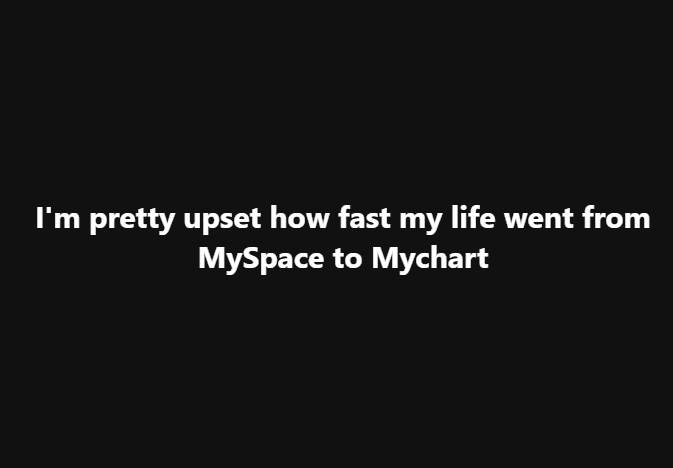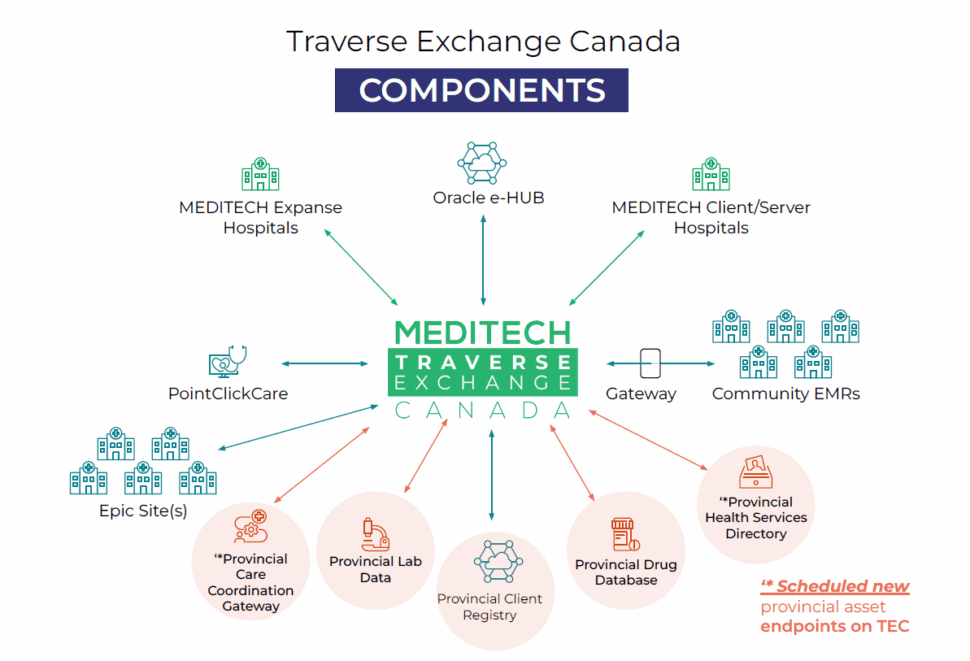Burnout in healthcare is a well-understood problem, though the focus is often placed on doctors and nurses. But burnout is a rampant problem at every level in healthcare. Thus, it is important that when we talk about automation in healthcare, we inspect every area of healthcare to see what can be improved to help our staff. Today, we are going to focus on Revenue Cycle Management (RCM) and see what automation can do to streamline RCM workflows and reduce administrative burdens. We reached out to our brilliant Healthcare IT Today Community to ask — what role does automation, such as robotic process automation (RPA) and AI, play in streamlining RCM workflows and reducing administrative burdens? The following are their answers.
Brent Berrios, Senior Manager, Portfolio Management Office at Juno Health
In my experience managing complex EHR systems and healthcare workflows, automation through RPA and AI isn’t just about cutting costs—it’s about creating breathing room. When deployed with intent, these tools reduce friction across revenue cycle touchpoints, empowering teams to shift from reactive problem-solving to proactive revenue stewardship. It’s the difference between chasing claims and actually managing outcomes.
Kali Durgampudi, CEO at Apprio
Automation helps by standardizing the workflows and eliminating errors, redundancies, and rework. This frees up administrative staff to work on things that add value to the operation. Ultimately, it’s about cost savings. One health system we worked with was able to automate 120 million RCM process steps, saving more than $18 million.
Randy Modos, Director of Product at PayJunction
Automation tools like RPA and AI play a valuable role in streamlining revenue cycle management by reducing manual data entry and minimizing errors. As healthcare organizations look to reduce administrative burdens and improve efficiency within their payment workflows, the ability to build custom, automated workflows can lead to significant time savings and allow staff to focus on higher-value, patient-centric tasks.
Dr. Michael Zappa, Physician Executive at Juno Health
Taking the burden of coding and charging away from the clinicians is key – charge capture based on rules of automation not only lets clinicians focus on their patients but maximizes appropriate reimbursement.
Predictive AI for revenue cycle is the future – knowing which claims are likely to be denied or downgraded and pre-emptively producing and submitting a chart summary, which pulls together key points supporting the patient status and DRG, will be a game changer.
John Hataway, Sr Director, Continuous Improvement & Automation at Savista
Within the healthcare revenue cycle specifically, automation can be a transformative force in enhancing efficiency, reducing errors, and cutting costs. It has the potential to enhance accuracy, ultimately reducing the rate of billing errors, which improves patient safety and trust, in addition to any tangible cost savings. It improves compliance by ensuring that every step of a process is performed consistently, in accordance with regulations. It can also speed up processes, enabling the organization to handle higher volumes of work, and lift some of the burden off overworked staff by freeing them from routine, manual tasks to focus on more critical and strategic objectives.
Lance Reid, CEO at Telcion Communications Group
While revenue cycle management (RCM) often focuses on software, workflows, and automation, none of it works without a modern IT infrastructure. Healthcare organizations depend on a reliable, secure IT backbone to support RCM operations. Downtime in these systems can delay claims, disrupt payment cycles, and strain providers’ already razor-thin margins.
Over the years, we’ve seen how upgrading legacy infrastructure, ensuring network redundancy, and optimizing server environments can dramatically improve the reliability and performance of RCM systems. And as AI and automation become more prevalent in RCM, the underlying network and data architecture must be ready to support real-time analytics, secure data exchanges, and seamless EHR integration.
Noel Felipe, SVP & Revenue Cycle Practice Leader at Firstsource
It’s time to stop relying on outdated, manual revenue cycle processes and fully embrace automation and AI. These technologies aren’t just efficiency boosters—they’re game changers that can minimize tedious administrative work, drastically cut claim errors, and accelerate cash flow. By letting technology handle repetitive and complex tasks, providers can redirect staff to higher-value roles and deliver a smoother, more satisfying patient experience. Providers should set clear goals for automation and be realistic about available time and resources.
Repetitive, rules-based RCM tasks—like claims status checks or eligibility verifications— are prime candidates for automation. High-volume, low-complexity workflows should be prioritized for quick wins and fastest ROI. And providers should look for a partner with proven healthcare RCM expertise to ensure efficient implementation and flexible, scalable solutions that maximize both operational efficiency and return on investment. AI and automation technologies are no longer optional—they’re essential for healthcare organizations striving to stay competitive and financially healthy.
Thomas Thatapudi, Chief Information Officer at AGS Health
In the rapidly evolving healthcare landscape, revenue cycle management (RCM) is no longer just about back-office efficiency. It is a strategic lever for financial resilience, patient satisfaction, and operational agility. At the heart of this evolution lies a powerful shift—the integration of intelligent automation, combining robotic process automation (RPA) and artificial intelligence (AI), to redefine how healthcare organizations operate and thrive.
RPA has already earned its place as a valuable tool in the RCM toolkit. It excels at automating high-volume, rules-based processes like insurance verifications, claim status checks, and patient eligibility reviews—tasks that have traditionally consumed hours of manual effort. These bots have helped healthcare organizations reduce administrative costs, improve accuracy, and reallocate skilled staff to more strategic functions. But the next chapter is far more transformative.
We are moving beyond task automation into the realm of intelligent orchestration. AI-powered agents fueled by machine learning, natural language processing (NLP), and large language models (LLMs) are emerging as digital collaborators capable of adapting, learning, and making context-aware decisions. These agents can analyze unstructured data, detect anomalies, surface insights, and proactively recommend interventions, whether identifying denial trends or suggesting clinical documentation improvements. This shift is not incremental. It is poised to be exponential.
The future of RCM will be shaped by hybrid intelligence—the strategic collaboration between human expertise and digital agents. In this model, automation doesn’t replace the revenue cycle professional; it amplifies them manifold. Digital agents manage transactional and analytical heavy lifting. Human experts provide oversight, empathy, strategic thinking, and ethical judgment. Together, they create a dynamic feedback loop that enables continuous learning, a better patient financial experience, and much-needed ROI.
Ian Maurer, Vice President and General Manager, Revenue Cycle Service at Veradigm
Healthcare practices today face significant revenue cycle management (RCM) challenges, including compliance with billing and coding rules, technology limitations, and changing regulations. Without a healthy end-to-end revenue cycle strategy, practices are consumed with burdensome administrative processes, which ultimately take away from patient care. Implementing best practices and advanced technology solutions can help proactively flag issues that lead to claim denials, automate error checks, and ensure accurate coding and documentation before submission.
For example, using an EHR-agnostic RCM service offering that integrates seamlessly into existing systems can reduce accounts receivable delays and streamline claim workflows. These solutions also offer real-time analytics and monitoring of key performance indicators, allowing practices to pinpoint bottlenecks, identify trends in denials, and take corrective action quickly. By harnessing technology, providers can ensure results by managing the entire revenue cycle, from initial contact to final payment.
Comprehensive RCM is critical to help practices maintain their financial health and can be the difference between a practice’s financial success or failure. Harnessing technology can improve efficiency and productivity, increase cash flow, amplify the bottom line, and most importantly, ensure providers can focus their time on delivering quality patient care.
Tanya Sanderson, Senior Director of Revenue Integrity at Xsolis
While many emerging RCM technology vendors are leveraging AI to streamline administrative and technical functions, significant gaps remain in the clinical revenue cycle. Without purpose-built automation and advanced AI to support clinical decision-making, healthcare organizations risk substantial revenue leakage—from missed inpatient reimbursement opportunities to preventable medical necessity denials.
Rob Ware, Senior Vice President and General Manager of RCM at ModMed
Research suggests over 60% of providers have understaffed billing teams, with pressure often compounded by high rates of claim denials that require RCM teams to dedicate extra time to correcting and resubmitting claims. AI can help practices vet a claim before submitting it to reduce the chances of denial and improve their efficiency. As a result, more billing staff are freed from the administrative burden and get claims paid quicker, helping drive the practice’s financial performance.
Such great insights here! Huge thank you to everyone who took the time out of their day to submit a quote to us! And thank you to all of you for taking the time out of your day to read this article! We could not do this without all of your support.
What role do you think automation, such as robotic process automation (RPA) and AI, plays in streamlining RCM workflows and reducing administrative burdens? Let us know over on social media, we’d love to hear from all of you!



